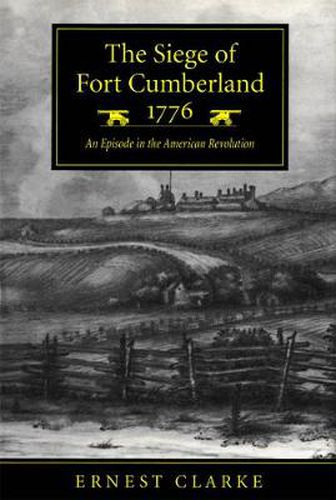Focusing on the revolutionary movement in the Fort Cumberland region of Nova Scotia in 1775-76, Ernest Clarke explores why supporters of American independence did not prevail in this British North American colony. He reveals how the siege of Fort Cumberland shaped the attitudes of Nova Scotians to the revolution and to their place in the North American world. Clarke describes events in Nova Scotia leading up to the siege of Fort Cumberland by the Continental army in 1776 and argues that from the beginning of hostilities Nova Scotians’ primary loyalty was to Britain. He examines the attitudes of the various players in the region - New England planters, Acadians, Native people, Yorkshiremen, and Scots-Irish - and their reponses to the call to arms issued by the revolutionary forces in the thirteen colonies. Clarke is the first to take the Nova Scotia patriots seriously and explain their motives instead of damning them as rebels. An in-depth study of a British colony’s reaction to and ultimate rejection of independence, The Siege of Fort Cumberland should be of great interest to colonial historians in Canada and the United States.
Read More





